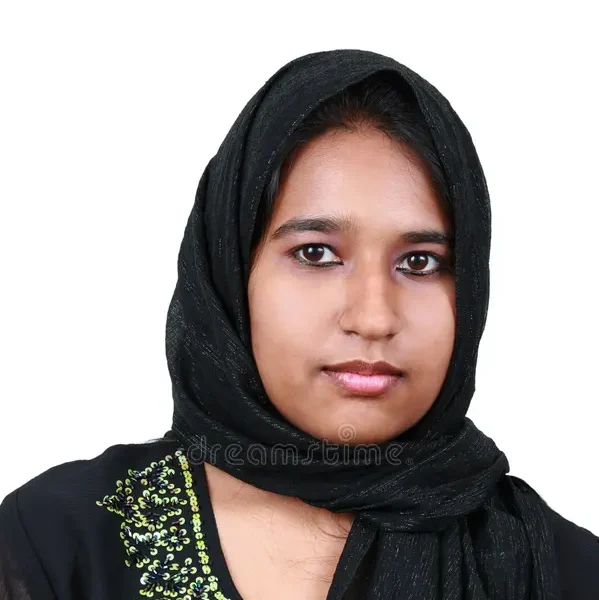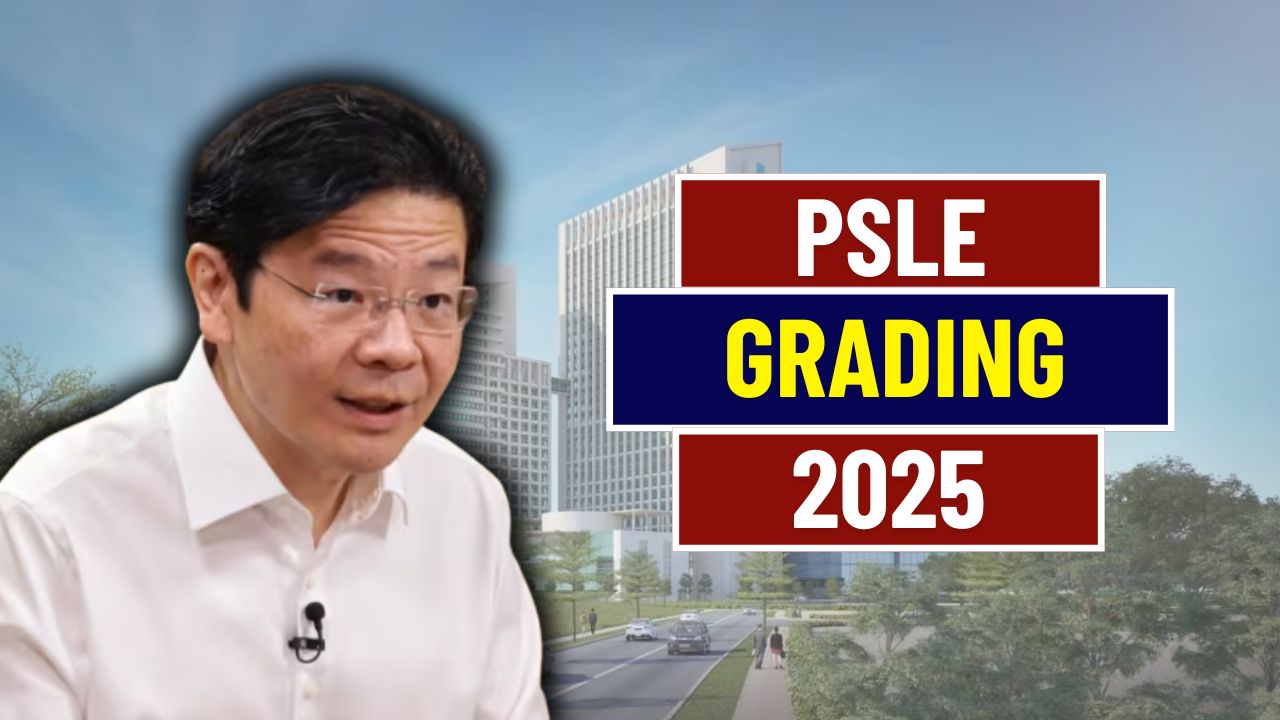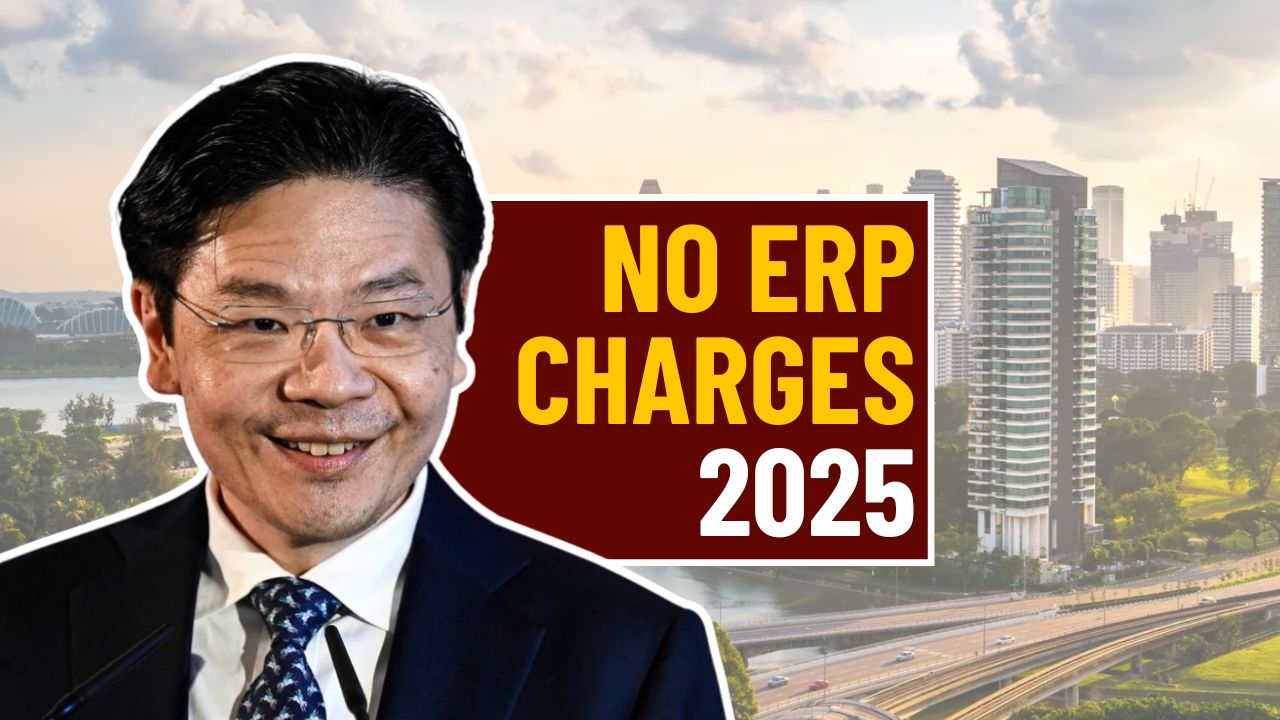In a significant move to modernize student assessment, Singapore’s Ministry of Education (MOE) has unveiled a refreshed format for the Primary School Leaving Examination (PSLE), set to take effect from 2025. This comprehensive reform focuses on assessing critical thinking, real-world application, and a deeper grasp of subject matter. It signals a decisive shift from memorization-heavy methods toward a more holistic evaluation of student abilities. Both students and parents must familiarize themselves with these changes to navigate this evolving academic landscape.
Table of Contents
Reimagining the Structure of PSLE Papers
Under the revised framework, the PSLE exam format will be updated across all four core subjects: English, Mathematics, Science, and Mother Tongue Languages (MTL). The objective behind these changes is to promote analytical skills and a genuine understanding of content, rather than superficial knowledge recall. The modifications align with broader national goals of equipping students with 21st-century competencies.
Summary of Key Updates in PSLE 2025 Format
| Key Area | Update Details |
|---|---|
| Effective Year | 2025 |
| Main Change | New exam structure for English, Math, Science, and Mother Tongue subjects |
| Focus | From memorization to conceptual application and reasoning |
| Subjects Affected | All four major PSLE subjects |
| Skills Emphasized | Critical thinking, problem-solving, communication, and scientific reasoning |
| MOE Resource | Visit MOE’s PSLE Format Page for official guidelines |
English Exam Transitions
English Language assessments in 2025 will focus less on rote grammar and more on interpreting content in meaningful contexts. Students will encounter richer, more open-ended passages that test comprehension beyond surface-level reading. Composition sections will now encourage original thought and personal voice, departing from formulaic writing approaches commonly used in the past.
Mathematics Assessment Focuses on Real-World Thinking

The Mathematics paper will feature non-routine, multi-step problems that require both logical reasoning and the application of learned principles. Students will be expected to explain solutions and navigate unfamiliar scenarios. These changes aim to reduce reliance on memorized procedures, encouraging flexible and adaptable thinking through real-life math applications.
Scientific Inquiry Becomes Central in Science Exams
In the updated Science curriculum, traditional factual recall gives way to interpretation and application. Assessments will now include data analysis, diagram interpretation, and hypothetical scenarios where students must apply their understanding to draw conclusions. This method reflects how science is practiced in real-world contexts, encouraging curiosity and experimentation.
Shifting Priorities in Mother Tongue Language Exams
Mother Tongue Languages will also experience significant adjustments. Examinations will place greater emphasis on verbal fluency, situational writing, and cultural relevance. Listening components will be grounded in everyday scenarios, while written tasks will measure the ability to communicate clearly and effectively. This helps students connect more personally with their language learning journey.
The Educational Philosophy Behind the Reform
These format adjustments are rooted in MOE’s broader objective to cultivate lifelong learners rather than short-term performers. The restructured PSLE aims to mirror real-world demands by fostering critical, creative, and communicative capabilities. Students will benefit from assessments that reflect their ability to apply what they know in relevant and practical ways.
Strategies to Help Families Prepare
Preparing for the 2025 PSLE requires a mindset shift. Rote drilling must give way to concept-based learning. Students should engage with a variety of texts and practice open-ended responses. Parents can support their children by discussing daily concepts, promoting problem-solving in daily activities, and selecting resources that nurture higher-order thinking. Exposure to diverse reading materials and encouraging reflective writing can further strengthen exam readiness.
Classrooms Evolve Alongside New Assessment Models
Schools are also transforming their teaching strategies to support the new format. Instead of emphasizing content coverage, educators will focus on inquiry-based learning, class discussions, and reflective exercises. Teaching will encourage exploration, reasoning, and cross-disciplinary thinking, preparing students for the dynamic demands of the updated PSLE.
Embracing Change with Confidence
As Singapore embraces a more progressive educational structure, the PSLE 2025 changes mark a major milestone in how young learners are evaluated. These reforms emphasize understanding over memorization, aiming to nurture well-rounded, thoughtful individuals. With informed preparation and adaptive teaching, students and parents alike can confidently navigate this new chapter in primary education.







